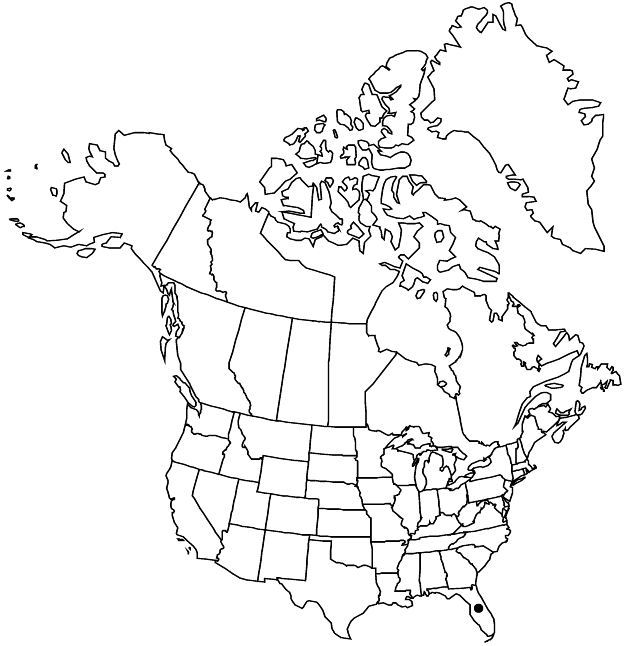Difference between revisions of "Begonia hirtella"
Enum. Hort. Berol. Alt. 2: 396. 1822.
FNA>Volume Importer |
FNA>Volume Importer |
||
| Line 37: | Line 37: | ||
-->{{#Taxon: | -->{{#Taxon: | ||
name=Begonia hirtella | name=Begonia hirtella | ||
| − | |||
|authority=Link | |authority=Link | ||
|rank=species | |rank=species | ||
| Line 53: | Line 52: | ||
|publication year=1822 | |publication year=1822 | ||
|special status=Introduced | |special status=Introduced | ||
| − | |source xml=https://jpend@bitbucket.org/aafc-mbb/fna-data-curation.git/src/ | + | |source xml=https://jpend@bitbucket.org/aafc-mbb/fna-data-curation.git/src/f50eec43f223ca0e34566be0b046453a0960e173/coarse_grained_fna_xml/V6/V6_101.xml |
|genus=Begonia | |genus=Begonia | ||
|species=Begonia hirtella | |species=Begonia hirtella | ||
Revision as of 22:02, 16 December 2019
Plants annual, ± densely brownish-villous (hairs multicellular). Stems 8–15[–90] cm. Leaves: stipules lanceolate to narrowly ovate, 5–10 × 2–4 mm; petiole 12–32 mm, ± densely villous; blade strongly asymmetric, ± ovate to ± cordate, (12–)15–90 × (11–)22–70 mm, base rounded to shallowly cordate on shorter side, rounded to cordate on longer one, margins shallowly or not lobed, crenate, ciliate, apex acute to acuminate, surfaces appressed-pilose. Peduncles 20–22 mm (in fruit); bracts linear to ovate. Flowers pinkish; staminate: tepals 2–4, outer 2 suborbiculate, 2–4 mm, inner 0–2, lanceolate, 4 mm; stamens 6–9[–22]; pistillate: tepals 5, oblong to obovate, 2 mm. Capsules 5–10 × 4–6 mm, larger wings deltate-rounded, 6–10 mm wide, smaller 2–5 mm wide.
Phenology: Flowering spring.
Habitat: Around solution holes of rockland hummocks, greenhouse weeds
Elevation: 0–10 m
Distribution

Fla., West Indies, South America.
Discussion
Begonia hirtella is naturalized only in Miami-Dade County; it is also a weed in greenhouses. A specimen similar to B. hirtella, collected in Palm Beach County on a floating, rotting log in a cypress strand (Bradley and Woodmansee 1239, FTG), is glabrous and cannot be determined in its vegetative condition at the present time; it is unknown whether it has persisted.
Selected References
None.